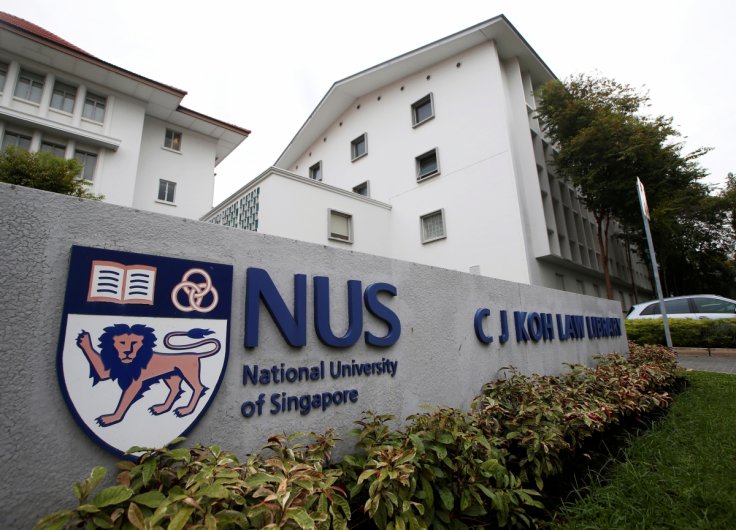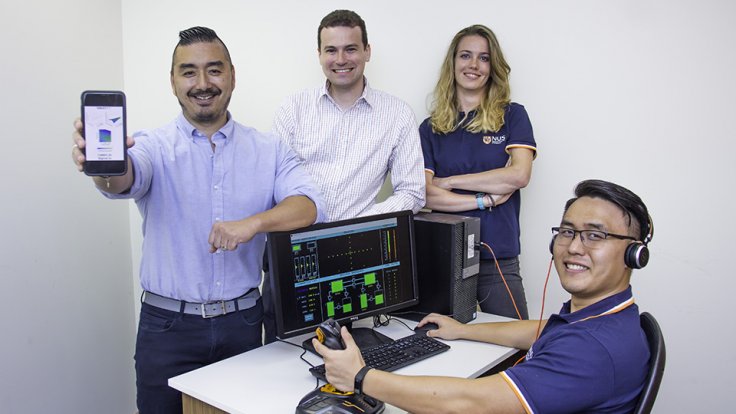
A group of researchers at National University of Singapore (NUS) carried out a pilot study which showed that a powerful artificial intelligence (AI) platform known as CURATE.AI will be helpful to customise training regimens for individuals to personalise learning and improve cognitive performance.
This research was led by Professor Dean Ho and Assistant Professor Christopher L. Asplund from the N.1 Institute for Health (N.1) and the report was published in the journal Advanced Therapeutics on May 22.
NUS stated that by using performance data from a given person, this platform creates an individualised profile that enables cognitive training to be tailored to the individual's learning habits and competencies so as to enhance effectiveness or the training.
As per a news release, the recent study details have provided evidence that CURATE.AI could enhance learning and widens the way for promising applications for personalised digital therapy, including the prevention of cognitive decline.
It should be noted that traditional approaches usually rely on repetition. The participants of this process are continuously trained under the same or gradually increased level of intensity. IT possible that such approaches can result in improved performance or fail to achieve optimal outcomes in every participant.
There were studies on the approaches to improve cognitive performance, ranging from drug treatments to video games and mental exercises.

Prof Ho said that in terms of training and learning, the outcome varies from person to person. In addition, he stated that the acceptance of technology to enhance learning "is a good way to address the challenges confounding conventional learning approaches. What is lacking is approaches that can properly attune each user's performance to drive rapid training improvement. This is where CURATE.AI can come in to plug the gap."
The study revealed that the NUS researchers conducted an examination on the tasks performed by people. They employed a flight operations simulator software developed by the US Air Force and NASA. The team tested how 28 participants perform multiple tasks and they found that even with the same activity sequences as well as control settings, all of them performed differently.
Even though most of the participants improved over time, their respective rates of improvement were highly varied.
Asst Prof Asplund, who is from Yale-NUS College, said that a strategy to adjust the training process, which can involve many tasks, is required.
The research team then conducted a pilot study using CURATE.AI to create individualised training profiles and the results showed that while some participants may thrive under high levels of intensity, others may perform better under lower intensity levels.
The outcome of the new study suggested that to optimise performance, training intensity should be dynamically varied at a given point in time as maintaining the same intensity throughout a training session may impede the improvement trajectory.









